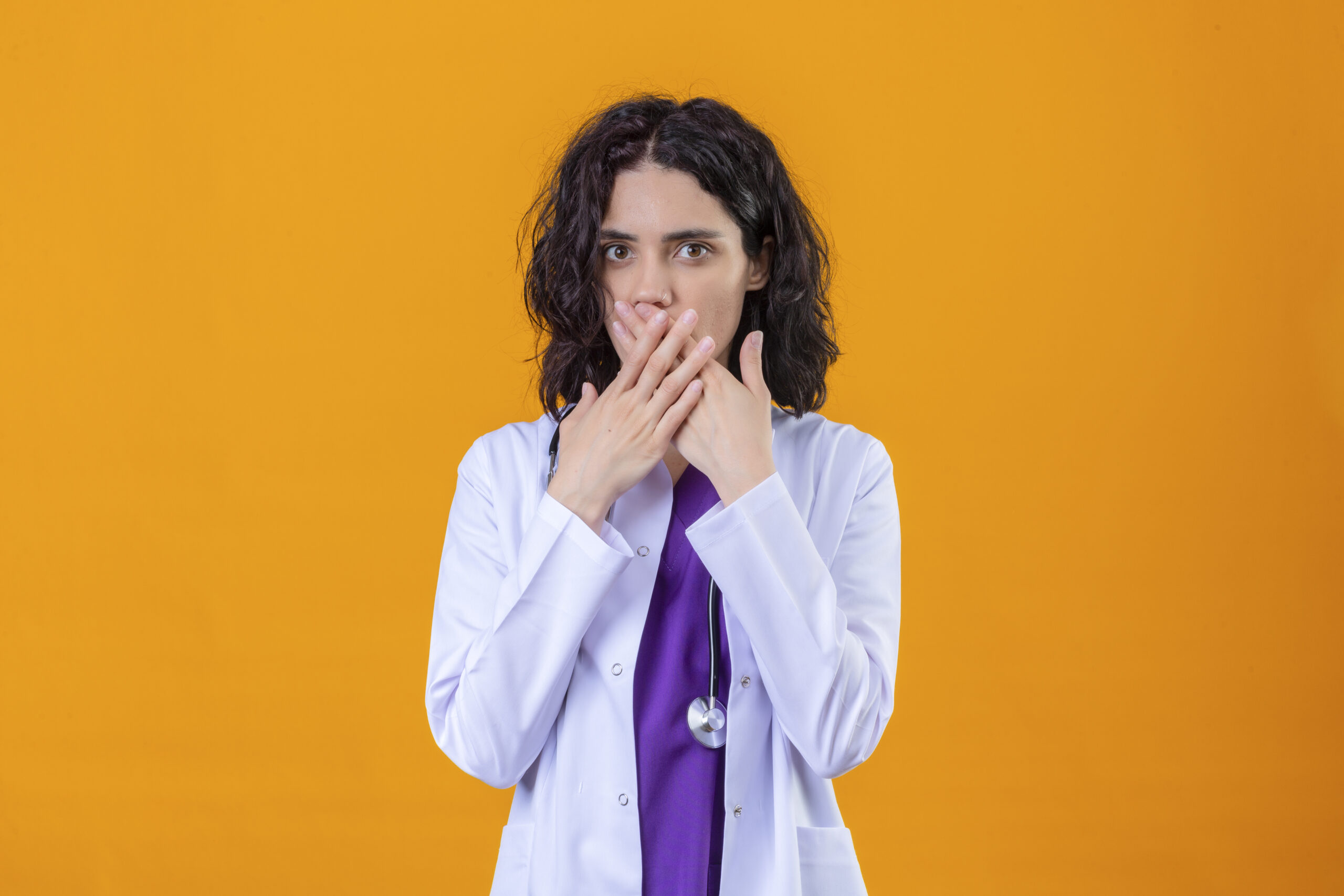Have you ever experienced your mouth suddenly watering when you start eating your favorite food? It’s normal behavior when you have tasty gourmet food. However, the issue is that when this water comes in an excessive amount, even when you are not eating anything, this is a severe issue. This issue indicates a health cause. But do not worry about it. In this blog, we will discuss this concern, i.e., what is saliva, hypersalivation, its causes, and treatment. Let’s dive in and learn more:
What Is Saliva?
Saliva is a natural water or substance generated in the salivary glands and is important in good oral health. However, it is not just a fluid or liquid in your mouth. It is a powerful collaborator that assists in removing bacteria and food particles aids digestion and boosts your taste buds. However, if it is too much, it could be a serious health issue.
What is Hypersalivation?
Hypersalivation salivation is not a health condition but a symptom of an underlying disease. It can be caused by factors such as overproduction of saliva, difficulty swallowing and clearing saliva from the mouth, or an inability to keep the mouth closed.
When excess saliva production occurs, you may experience a range of different symptoms and complications, including:
- Drooling
- Dehydration
- Damage and softening to the skin around the mouth can lead to infection
- Bad breath
- Chapped lips
- Social anxiety
- Aspiration pneumonia, a severe condition, is a common risk of excess saliva. It can cause you to inhale saliva, fluids, and even food into the lungs, leading to pneumonia.
- Speech problems
- Impaired sense of taste
- Social anxiety
When Excessive Saliva is a Concern…!
Hypersalivation, which can progress into chronic sialorrhea, is a condition that can sometimes play a positive role in healing. For example, if you have a decaying tooth or another mouth infection, your body may produce excess saliva to help wash away bacteria and promote healing. However, if this condition becomes chronic and leads to complications like pneumonia, it can become a severe health concern. Treatment for hypersalivation is essential when excess saliva production becomes problematic and impacts overall health.
Causes of Excessive Salivation
Various underlying conditions or treatments can contribute to excessive salivation, whether temporary or chronic. Here is a closer look at some of the factors that can lead to excess saliva production:
1. Medication
Increased saliva production can often be a side effect of certain medications. Common medications that can cause this include anticonvulsants, antipsychotics such as clozapine, and indirect cholinergic agonists used to treat conditions like Alzheimer’s. Additionally, some mucosa-irritating antibiotics can affect saliva production.
2. Infection
Infections, such as sinus infections, strep throat, mononucleosis, and tonsillitis, commonly trigger excessive salivation to help fight the disease. This is often a temporary condition, and symptoms typically resolve after recovery.
3. Poisoning
Exposure to toxins can trigger the body to excess saliva production or weaken the muscles needed to swallow and clear saliva. This can include insect bites, snake venom, and poisonous mushrooms. Exposure to insecticides, mercury, and nerve toxins can also contribute to excessive salivation.
4. Poor Oral Hygiene
A poor oral hygiene routine can increase the risk of tooth decay and gum disease. When these infections are present, the body increases saliva production to help combat the infection and heal. Once dental issues and gums heal, excessive salivation typically resolves.
5. Impaired Jaw and Muscle Function
Physical conditions that affect the mouth and jaw can impair the ability to clear saliva from the mouth and stimulate increased saliva production. Dentures often contribute to increased saliva production, especially when they are new. An enlarged tongue, misaligned teeth, TMJ, and other jaw conditions can affect the ability to swallow and clear saliva from the mouth, often resulting in excessive drooling.
6. Medical Conditions
Various medical conditions can contribute to both the increased production of saliva and the inability to clear it from the mouth. For example, pregnancy and morning sickness can cause an increase in saliva production but usually resolve after pregnancy. Other medical conditions contributing to chronic hypersalivation include cerebral palsy, Parkinson’s disease, amyotrophic lateral sclerosis (ALS), stroke, chronic gastroesophageal reflux (GERD), acid reflux, or heartburn.
Treating Excessive Salivation
Treatment for hypersalivation depends on the underlying cause. For instance, if an infection is present, the focus will be on treating the disease. If excessive salivation is due to a chronic condition, the treatment will aim to manage the excess saliva. Some standard treatment options include:
- BOTOX Injections: Injecting BOTOX into the salivary glands can help reduce saliva production.
- Dental Care: If oral infections, such as tooth decay or gum disease, are causing excessive salivation, dental treatments to address these issues can also reduce excess saliva production.
- Medications: Certain medications, such as anticholinergic drugs, can help reduce saliva production. However, care must be taken to avoid causing dry mouth.
- Oral Appliances: Custom-made oral appliances can help adjust the position of the jaw, tongue, or lips, aiding in the treatment of hypersalivation.
- Surgery: In extreme cases, surgery may be necessary to remove salivary glands.
- Therapy: Speech and behavioral modification therapies can teach techniques for better tongue control, lip closure, and swallowing.
Final Words
In this 21st century, nothing is impossible with scientific advancement. The Treatment for hypersalivation is also not difficult. As we have mentioned all the points concerned, you will now have explicit knowledge about Saliva. You can consult our dentists if you are also suffering from this issue. Just call us or book an appointment. Do not compromise on your health. Just visit https://northeastviewdental.ca/

